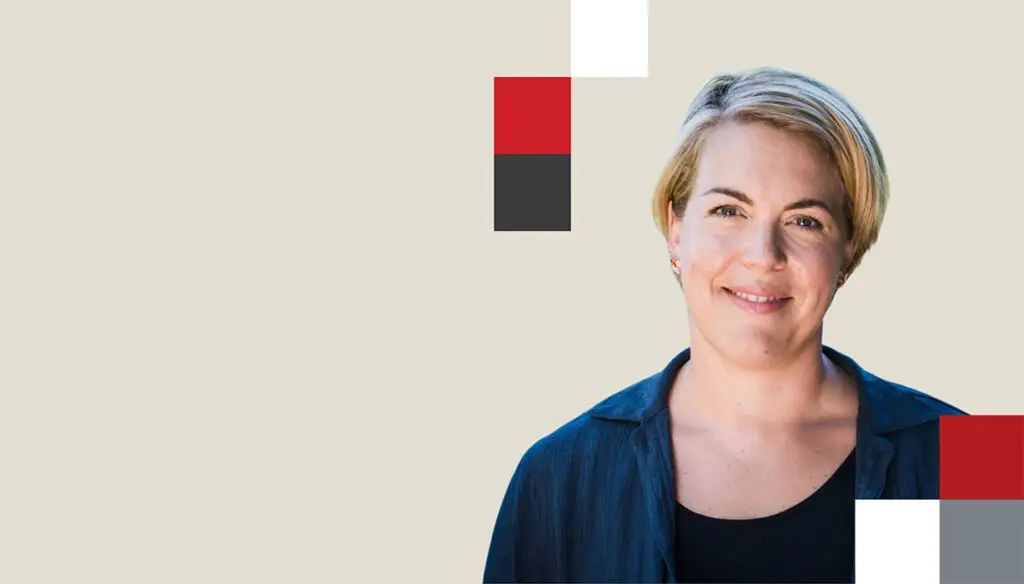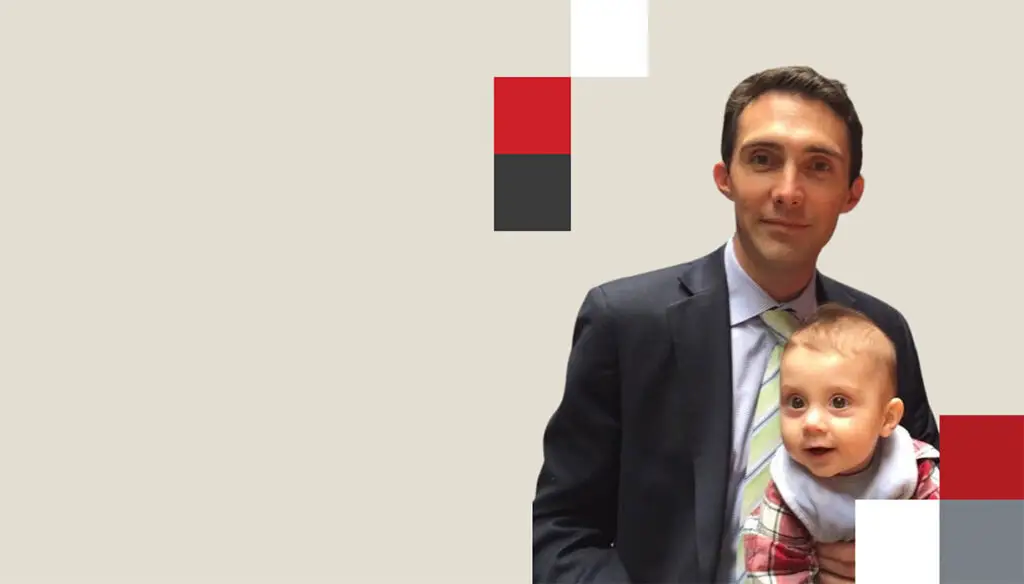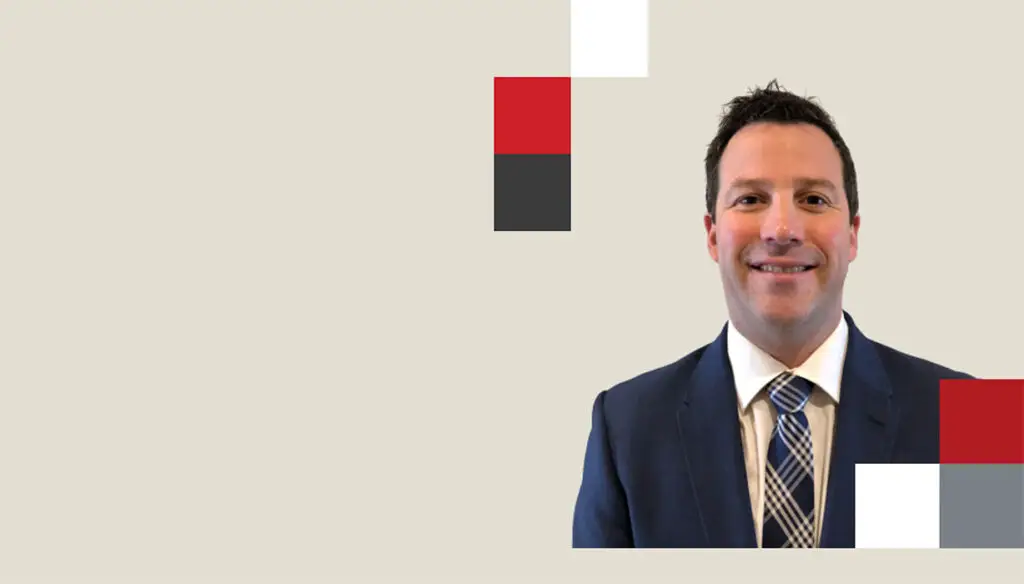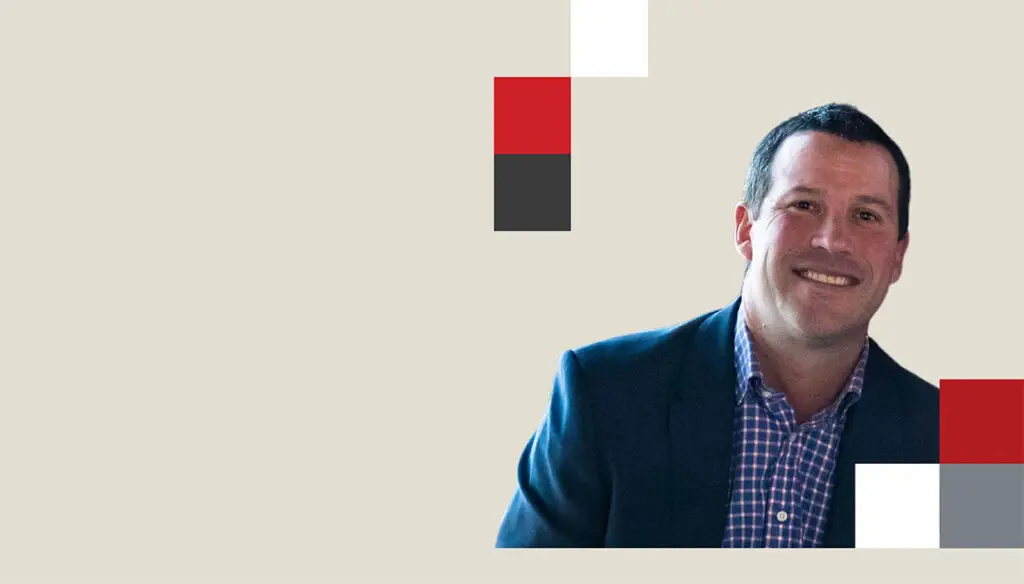In the ‘business of excellence’ with Jess Wardlaw

Jess, Strategic Business Partner at Hudson Talent Solutions, chats about her successful career in recruitment and how she makes a real difference for her clients.
Matthew de Salvo: Finding a fulfilling career

Hear from Matthew Desalvo, one of our senior recruitment experts, on what a career in RPO has meant for him.
Meet Stephen Fitzgerald – Director of Technology & Innovation, APAC

In our tech series, we ask our director of Technology & Innovation APAC about his role and how he keeps ahead of the recruitment technology market.
This year’s recruitment technology trends according to our tech expert Stephen

Stephen Fitzgerald, our Technology Director in Asia Pacific, shares his insights on what the future holds for recruitment technology.



